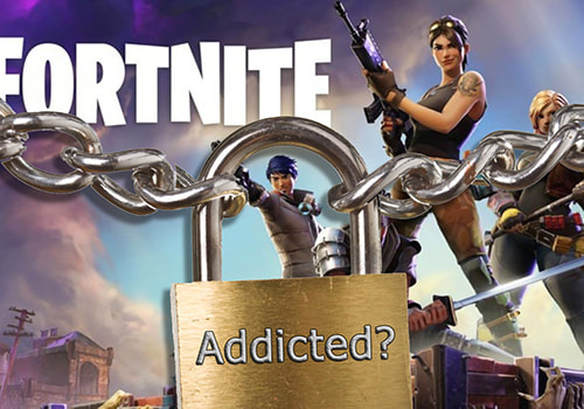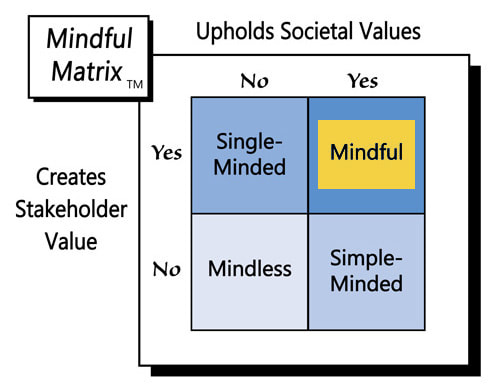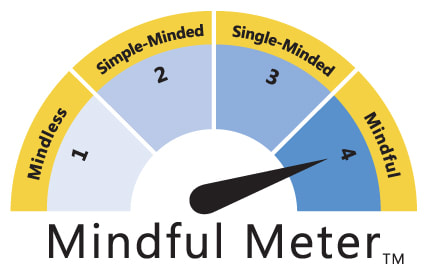If you’re like me--one of the few human beings who has never played Fortnite--you’re probably wondering what all the fuss is about: why 3.4 million people were all online at once playing the game one day during February 2018, why celebrity rappers like Drake and NBA stars like Paul George are promoting the craze, why an upcoming Fortnite tournament is promising $100 million in prize money, why the game is expected to produce revenues of $2 billion in 2018, and why some call Fortnite “the hottest game in the world.”
For those who don’t know, Fortnite is a shooter game based on a premise similar to that of the Hunger Games: “Players are dropped unarmed onto an island. There, they must make their way to ‘houses,’ where they find weapons they then use to shoot and kill, they build structures and try to avoid the destructive storm that threatens all outside its safe zone.” The winner is the last man/woman standing.
Apparently the most popular version of Fortnite is the multiplayer “Battle Royale” in which 100 people compete against each other at a time, either individually or on teams of up to four people. The game is free to play on systems like PlayStation, as well as on computers and mobile phones. Fortnite makes money by charging for in-game extras like costumes and special tools or weapons.
Few entrepreneurs worry about their products becoming addictive. In the beginning, they’re just hoping some people will be intrigued enough to try their products. The thought that anyone, let alone millions of people, would find his games impossible to put down, had to have been one of the furthest things from the mind of Tim Sweeney, creator of Fortnite and the CEO of Epic Games. Sweeney started his video game company, originally called Potomac Computer Systems, in 1991, at the age of 21, in his parent’s house in Potomac, MD. Epic Games is now one of the industry’s brightest stars.
However, phenomenal growth and popularity are not alone grounds for accusations of addiction. So, what are Fortnite players experiencing that leads some to levy such extreme charges? Here are a few examples:
- A mother reported that her son stole her credit cards and spent $200 on in-game purchases.
- A father found his nine-year-old daughter sitting in a urine-soaked chair as she played the game. He said “She was so hooked to the game she wouldn’t even go to the toilet.”
- A mother forced her son to stop playing the game at 11:00 pm on a Friday night, only for him to wake up at 4:00 or 5:00 am Saturday to start playing again.
- A mother suffered a concussion when her fourteen-year-old son headbutted her when she tried to take away the gaming system on which he played Fortnite.
- At least 200 couples in the UK cited Fortnite and other online games as the reason for their divorces.
Such behavior certainly is unusual and disturbing, but does it really reflect addiction? To answer that question it’s important to understand exactly what addiction is. In the early 1950s, the World Health Organization adopted the following definition of drug addiction: “a state of periodic or chronic intoxication detrimental to the individual and to society, produced by the repeated consumption of a drug (natural or synthetic). From this definition, Isbell and White (1953) derived three characteristics of addiction:
- "An overpowering desire or need (compulsion) to continue taking the drug and to obtain it by any means"
- "A tendency to increase the dose"
- "A psychic (psychological) and sometimes a physical dependence on the effects of the drug"
Of course, these descriptors are for chemical substances that people typically ingest, not video games they play; however, when Fortnite is substituted into the phrases, the criteria provide an eerily good fit for the shocking behaviors listed above:
- An overpowering desire or need (compulsion) to continue to play Fortnite and to obtain the game by any means [stealing mother’s credit cards]
- A tendency to increase play of Fortnite [waking up at 4:00 or 5:00 am in order to play more]
- A psychic (psychological) and sometimes a physical dependence on the effects of Fortnite [headbutting mom when she tried to take the game away]
Isbell and White (1953) add that addiction is inherently about excessive, not proper, use of the substance, resulting in harm to the addict and/or others. That's another description that seems to fit the five Fortnite cases described above, like the divorces, but it also begs another important question: How common are such Fortnite occurrences?
In researching online for this blog post, I typed “Fortnite addiction” into Google, which produced around 68 million hits. As I read down the list of top results, however, I noticed that most were repeats of the same few stories: the girl who wouldn’t take a bathroom break, the boy who headbutted his mom, the UK divorces.
Chances are, the few Fortnite fanatics who show signs of addiction are anomalies. According to Business Insider 78.3 million people played Fortnite this past August. Among all those Fortnite fans, many probably play the game more than they should, but very few are likely addicted in any scientific sense. Contrast those proportions to statistics for drug and gambling addictions like the following:
- In 2015, nearly 21 million Americans over the age of 12 had a substance use problem.
- About 10% of Americans over the age of 18 “claim to be in recovery from an alcohol or drug abuse issue.”
- The leading cause of accidental death in the United States is drug overdose.
- “Approximately 2.6% of the U.S. population has some type of gambling issue.”
- Among those aged 14 to 21, as many as 750,000 have gambling addictions.
- About 6% of U.S. college students have gambling problems.
Beyond those sobering statistics, another drug stat pretty much says it all: “Out of 24 million Americans who have used illicit drugs in the preceding month, 19.6 million [81.7%] have had a substance abuse disorder in the preceding year.” It’s very telling of the addictive nature of illicit drugs that only about 18% of users escape drug abuse.
There are no comparable statistics for Fortnite, but it appears that a much smaller percentage of its players show signs of addiction. Of course, this lack of evidence doesn’t prove that people cannot become addicted to Fortnite; maybe they can. However, when a very large number of people is exposed to a stimulus such as a video game and an extremely small percentage exhibits addictive behavior, perhaps the abuse is more a function of those individuals and their unique situations, rather than the game itself.
Everyone needs to be accountable for their time and to use self-discipline to set limits on activities that they find so enjoyable they can become lost in them, e.g., televised sporting events, Netflix, YouTube, Facebook, etc. Parents have the added responsibility of holding their children accountable, which is especially difficult when the kids really don’t want to put down the thing they love.
However, companies also can do things to discourage overindulgence in their own products. For instance, a few months ago, I wrote a blog post about iPhone addiction, describing Apple’s Digital Health Initiative, which includes new software that will monitor and set limits on users’ screen time.
Maybe Epic Games could consider a similar measure. The company should at least make sure there’s nothing in Fortnite that encourages people to shirk self-monitoring, e.g., in-game incentives tied to how long one has been playing. Again, I’ve not played Fortnite, so it’s hard for me to be more prescriptive. Perhaps those who are familiar with the game firsthand can offer more specific suggestions about limiting use.
Finally, it goes without saying that a ‘shooter game’ is violent. I’ve read, however, that Fortnite “isn’t as graphic as many other shooter games” because its characters are more “cartoony” and “its graphics are free of blood and gore.” Still, any activity that glamorizes killing others should give us pause. That aspect of the game, however, will need to be the focus of a future blog post.
As you can probably tell, I’m neither a big Fortnite fan or cynic. As I’ve tried to look objectively at the issue of video game addiction, I haven’t seen enough evidence to suggest that Fortnite itself is enabling abuse, certainly not compared to other activities commonly called addictive. For these reasons, it seems like Fortnite is a tenuous version of “Mindful Marketing.”
Learn more about the Mindful Matrix and Mindful Meter.
Check out Mindful Marketing Ads and Vote your Mind!




 RSS Feed
RSS Feed